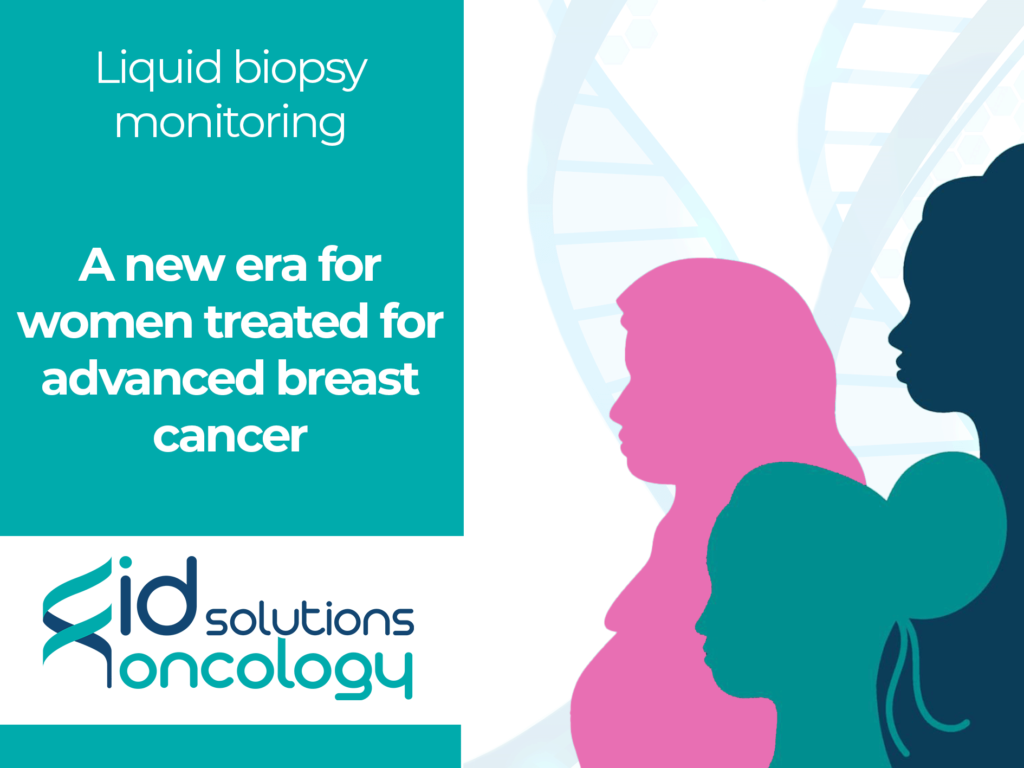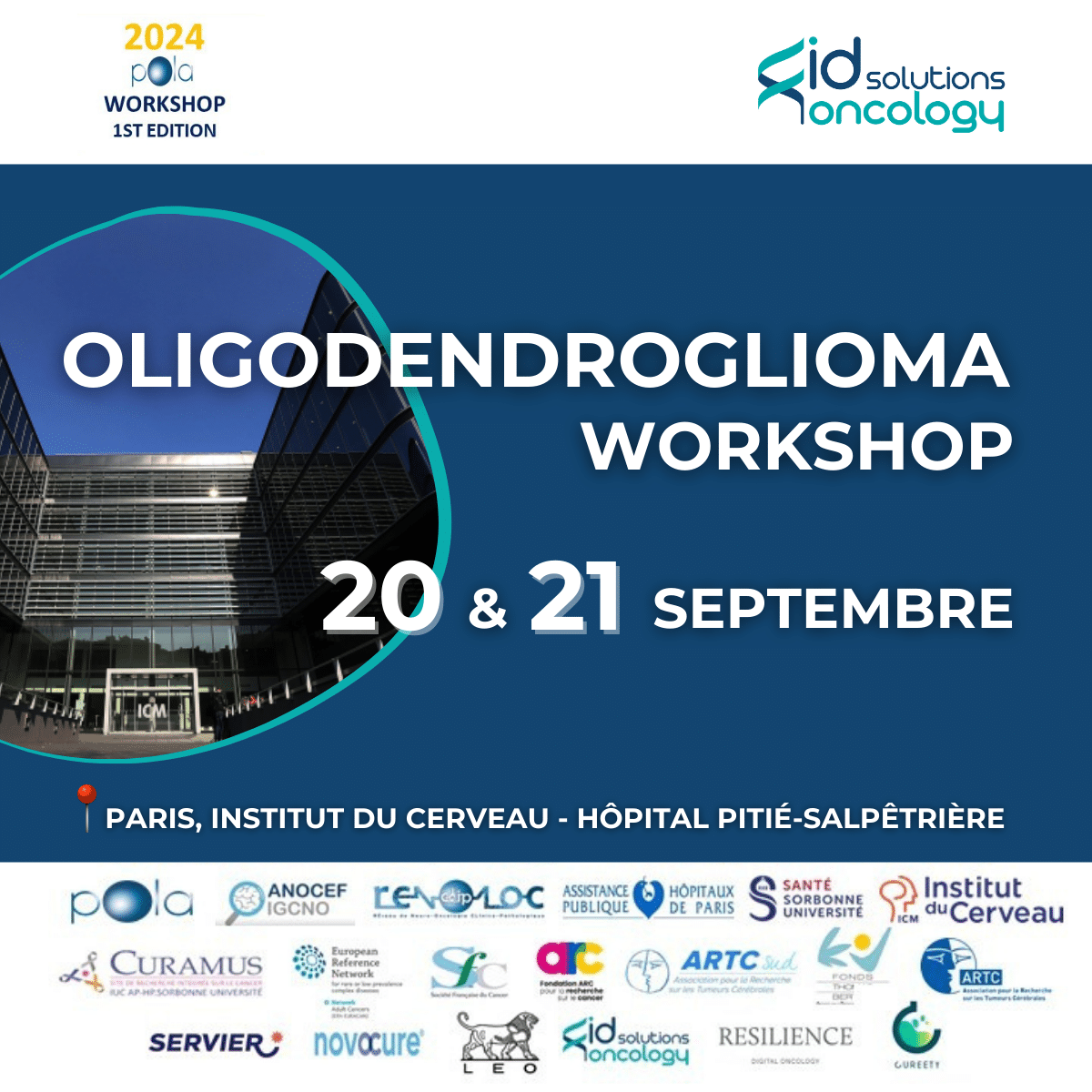
A new era for women treated for advanced breast cancer
Patients with advanced ER+/HER2- breast cancer treated with endocrine therapy are at greater risk of developing resistance mutations in various genes, including Estrogen Receptor 1 (ESR1). ESR1 mutations, which affect 40% of women in this population, have been identified as a predictive biomarker of tumour response to the most recent treatment protocols using Elacestrant®.
In line with ESMO, NCCN and ASCO recommendations, ctDNA liquid biopsy is the sample of choice for the detection of ESR1 mutation status.
The monitoring of ESR1 mutations by #dPCR is now recognised as an effective means of enabling patients to be supported by appropriate therapy and for healthcare professionals to address treatment modification when necessary.
ID SOLUTIONS is at your service to provide innovative and valuable solutions for your patients!
References : Spoerke JM et al, Nat Commun 2016 13 :7 :11579 Bidard et al. J Clin Oncol 2022 Oct 1 ;40(28) :3246-3256 Lone SN et al. Mol Cancer 2022 ;21(1) :79 Pascual J et al. Ann. Oncol. 2022, 33 :750-768 Directives NCCN version 2, 2023 Cancer du sein







